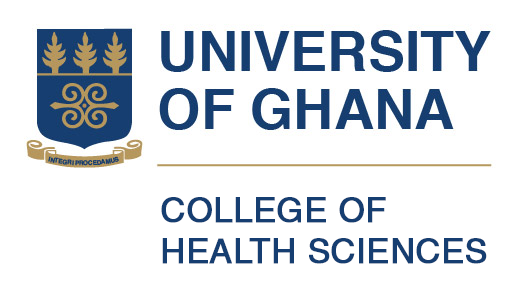The 2ND College of health Sciences Biennial Public Lecture has been organized under the theme, “Stroke in Children in Ghana” on Thursday, 26th November 2015 at the British Council Hall.
Welcoming participants to the lecture, the Provost of the College of Health Sciences, Professor Yao Tettey stated that the College saw the public lecture as part of its corporate social responsibility and a way of sharing results that emanates from research and clinical practice with the general public. In commenting on the theme for the day, he said many people know stroke to be a medical condition seen in adults but the lectures will provide the effects of stroke in children.

Professor Yao Tettey delivering the welcome address
In his opening remarks, the Chairman for the occasion, Professor Ernest Aryeetey, Vice Chancellor of the University of Ghana stated that universities organize public lectures to make the public aware of the kind of research done in the university. He underscored the need for academia to engage the public on various matters and commended the College of Health Sciences for instituting the biennial public lecture series. He further expressed the hope that as a result of the public lecture there will be greater interest in the subject (Stroke in Children) and through this lecture policy makers will be interested in the topic and influence their policy formulation.

Vice Chancellor, Professor Ernest Aryeetey delivering his opening remarks
Five speakers presented on various aspects of the theme. Dr. Catherine Segbafia of the Department of Child Health, School of Medicine and Dentistry, University of Ghana was the first to present on the topic, “Big Strokes in Little Folks”. In her presentation, she explained the causes of strokes in children and stated that strokes can occur at any age; during pregnancy, at birth to 28 days, 29 days to 18yrs. She advocated for the provision of the right equipment and facilities for early recognition of stroke in children as a key educational target for boththe public and healthcare professionals, increased data collection and research funding in the area and Improved local capacity for both acute care and rehabilitation.

Dr. Catherine Segbafia delivering her lecture
In her lecture on “Caring for the Informal Carer of Children with Stroke: Nursing Implications”, Dr. Lydia Aziato from the Department of Adult Health, School of Nursing, University of Ghana enumerated challenges and the burden faced by the caregiver. She concluded her lecture by stating that the informal caregiver of the child with stroke also needs care, nurses and other health team members must acknowledge the needs of the informal caregiver and take active measures to address these needs.
The 3rd Lecture by Ms. Anna Hughton, Department of Physiotherapy, School of Biomedical and Allied Health Sciences, University of Ghana on “Rehabilitation Potentials in Children with Stroke: The Physiotherapists’ Mandate” also brought to light the physiotherapists role in rehabilitating children with stroke and specified that early intervention will prevent long term residual disabilities.

Ms. Anna Hughton delivering her lecture
“Stroke in Children: The Role of Occupational Therapy” was the fourth lecture delivered by Mr. Peter O. Ndaa, Department of Occupational Therapy, School of Biomedical and Allied Health Sciences, University of Ghana. He informed the public that the role of the occupational therapist was to prevent the development of secondary impairments through occupation, maximize recovery of motor and cognitive function through occupation and promote safe and independent occupational performance.
Mr. Clement Amponsah from the Department of Speech Therapy, School of Biomedical and Allied Health Sciences, University of Ghana delivered the last lecture for the evening on the topic “Paediatric Stroke and its related communication and swallowing disorders: Insights from a speech and Language Therapist”. In his lecture he stated that the speech and language therapist assist stroke survivors to communicate.

A section of the audience with the presenters on the front row
Participants at the lecture had the opportunity to ask questions and contributed to the discussion. Over 250 people made up of academics, students, health professionals and the general public participated in the lecture. Present at the function were members of the College Advisory board, former Provost and Deans.


Participants contributing to the discussion and asking questions
In his closing remarks, Professor Ernest Aryeetey stated that the lectures showed the large number of risk factors and it was of great concern that many of the common diseases can lead to stroke. According to him, the lectures showed that early intervention of stroke was key and other healthcare professionals were available to help stroke patients. He stressed the need to emphasis the training of more allied health professionals. Moving forward, he said, we have to work together as a team in managing health conditions such as stroke and make the appropriate recommendations to policy makers.

